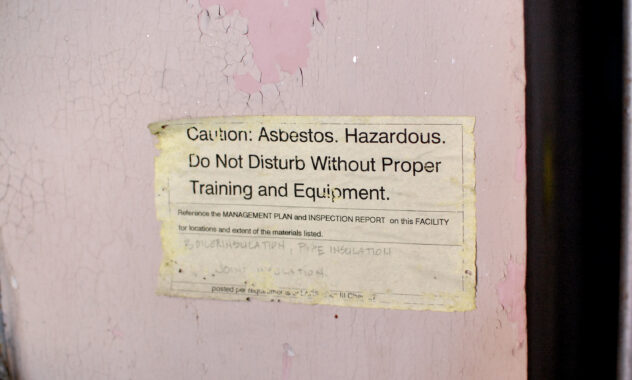92% of supply teachers have concerns about inadequate rates of pay
The NASUWT union has highlighted the concerns of supply and substitute teachers this week at their conference in Birmingham.

The teaching profession is in a crisis; we reported last week that 44% of state school teachers plan to quit by 2027. This week it has been revealed by representatives at the Annual Conference of teachers’ union NASUWT, have warned that supply and substitute teachers are suffering from less favourable terms and conditions compared to permanent teachers, which is driving a crisis in their recruitment and retention.
Discrepancies in pay, pension entitlement, family leave and flexible working are widening inequality within the school workforce between supply teachers and their permanent counterparts.
92% of supply teachers have highlighted concerns about inadequate rates of pay and the need for guaranteed access to the Teachers’ Pension Scheme in a recent survey conducted by the Union.
Nearly half of supply teachers told the NASUWT that they were experiencing financial hardship.
Teaching unions have long argued that supply teacher agencies and umbrella companies are driving down terms and conditions for the supply workforce in a race to maximise their profits.
Dr Patrick Roach, NASUWT General Secretary, said:
“Never has it been clearer that supply teachers are critical component of a resilient and high-quality education system than throughout the Covid pandemic.
It cannot be forgotten that this year began with schools being brought to an abrupt halt by shortages in supply teachers created by a Government that had failed to retain them.
To prevent future crises in supply of substitute and supply teachers, the Government must finally award the same conditions and entitlements as permanent teachers.
Returning to a local authority-managed supply pool will begin to rectify the inequalities in pay and other terms and conditions which have been exacerbated by opportunist supply teacher agencies.
For too long, supply agencies have been emboldened to prioritise profits, rather than a fair deal for supply teachers, and often at the expense of taxpayers.
The resilience and sustainability of our education system relies upon all teachers, including supply and substitute teachers, being valued for the work that they do.”







